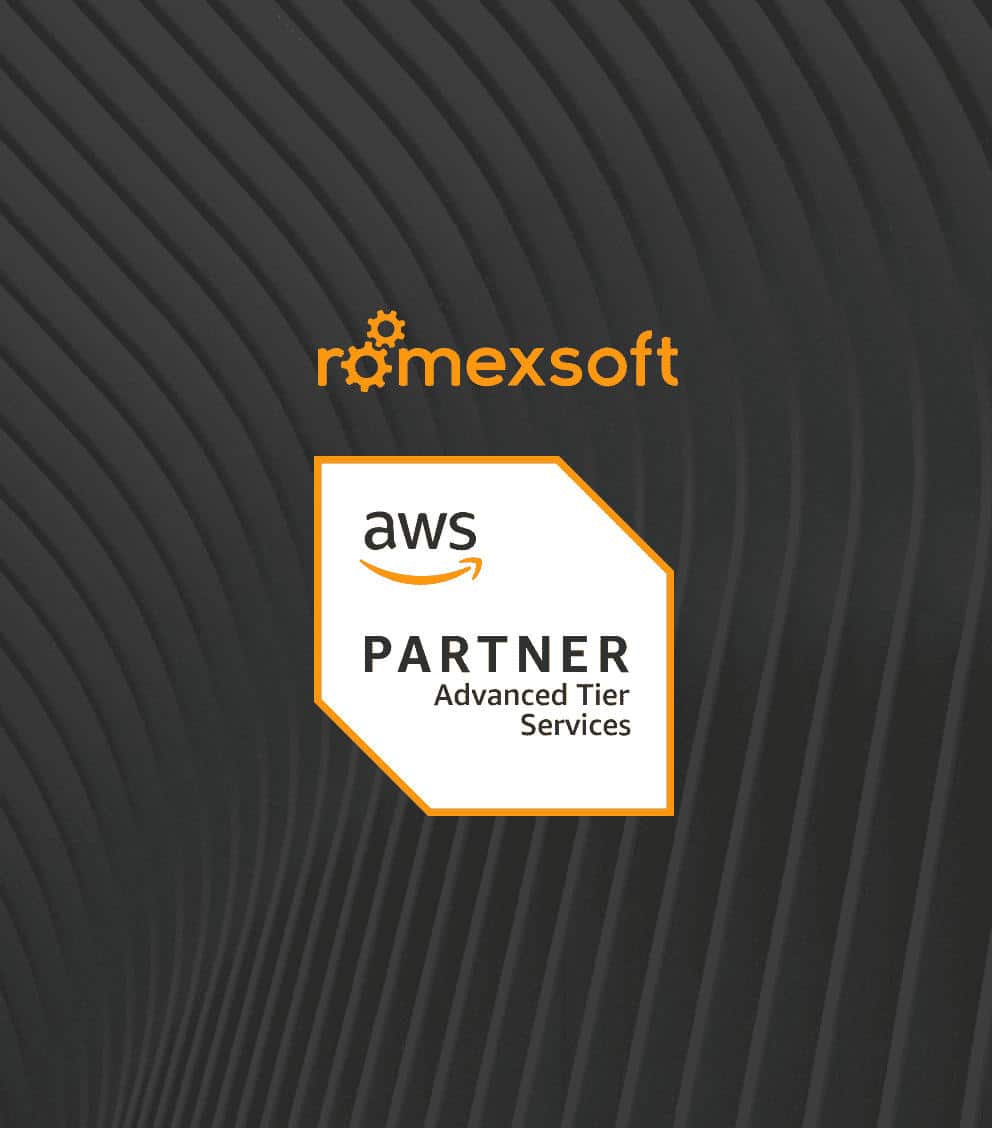Category: Healthcare
Learn how IT and cloud development drive better patient outcomes, streamline clinical workflows, and strengthen healthcare data security. Topics include EHR integration, HIPAA compliance, cloud infrastructure on AWS, and scalable healthtech software solutions.

HIPAA compliance requirements help to protect sensitive patient health information from being disclosed without the patient’s consent or knowledge. This article outlines key considerations and requirements you should keep in mind when building a HIPAA-compliant solution on AWS or when adapting an existing healthcare application to meet compliance standards. Companies that decide to build compliant apps on AWS, should know the following:
- what does HIPAA mean
- does AWS provide services for HIPAA compliance
- how to build HIPAA compliant architecture
- what requirements and controls are recommended to be implemented

This article explores versions of HL7 standards along with their similarities and differences. In particular, it focuses on the differences between FHIR and HL7.
In addition, it explains why FHIR is the best option for modern solutions while highlighting the challenges of its implementation and reasoning behind using more outdated HL7 V2, HL7 V3, and CDA.
The blog highlights:
- definitions of HL7 and FHIR
- FHIR vs HL7 comparison
- which is the better option
- what are FHIR adoption challenges
- future of HL7 healthcare data standards

The global mobile healthcare application market is growing fast. Understanding what kind of applications succeed in this lucrative field and how to develop one is key if you plan to invest in this type of product.
This article provides a detailed analysis of mobile healthcare application types and a step-by-step guide for developing one, augmented with a list of best practices that can help ensure the success of your product.
The blog discusses:
- what healthcare mobile apps are
- benefits of using such applications
- types of mHealth solutions
- must-have features for mobile health apps
- steps to build a healthcare app
- best practices for app development

Effective medical imaging and patient data management rely on specialized healthcare IT systems: PACS and RIS. The purpose of these foundational technologies is to streamline radiology operations, with RIS handling administrative tasks and PACS managing critical image storage and sharing. This article explores the distinct role of each system and how their integration transforms clinical workflows, enhances diagnostic accuracy, and improves patient safety.
The blog highlights:
- what is RIS and PACS
- key differences
- integration benefits
- integration challenges
- implementation and upgrade guide
- emerging trends

Predictive modeling is transforming the health sector by utilizing vast data, AI, and machine learning to anticipate patient needs. This shift from reactive care to proactive forecasting holds immense potential, as it enhances care quality and minimizes expenses. This article explores how this technology functions, its key benefits for patient care, and the real-world challenges it helps overcome.
The blog discusses:
- definition of data analytics in healthcare
- role in the industry
- types of health data
- use cases in healthcare
- barriers and fixes
- emerging trends

Powered by AI and machine learning, predictive modeling is emerging as a key strategy for improving various aspects of modern healthcare. By leveraging EHRs and other health data, this approach allows medical professionals to forecast risks, personalize treatment, streamline operations, and ultimately enhance outcomes while reducing costs. In this article, we explore this proactive method, its proven gains and challenges, and highlight the reasons behind its rapid, industry-wide adoption.
The blog discusses:
- definition of predictive modeling in healthcare
- why it is important in healthcare
- how predictive modeling works
- types of data used
- adoption challenges and solutions
- predictive modeling use cases
- how ML is used in predictive modeling
- trends to shape predictive modeling

The cost of an average data breach in the healthcare sector exceeds $10.1 million and IBM reports indicate that this number is rising every year. Data from Statista shows that ransomware attacks alone can cost up to $2.57 million for healthcare organizations to recover from. At this point, investing in cloud security must be a priority for business survival.
In this article, we will discuss the main cloud security threats for healthcare businesses and how to protect against them on every level.
The blog discusses:
- meaning of cloud security in healthcare
- core types of security measures in the cloud
- compliance requirements for healthcare data handling
- how healthcare data is protected in the cloud
- main threats to cloud-based healthcare systems
- best practices for healthcare cloud security
- how Romexsoft helps healthcare clients with security

Various operations involving large amounts of healthcare data often present multiple challenges, including fragmented data, significant regulatory pressures, and costly integrations. If even one of the stated challenges resonates with your case, healthcare data mining may become a solution. Throughout the article, you’ll discover what medical data mining is, how it works, how it can boost patient care quality, and how your healthcare business may benefit from utilizing it.
The blog discusses:
- what is data mining in healthcare and how it works
- key benefits you’ll obtain
- main data mining techniques
- real-world applications of data mining in the healthcare industry
- common challenges to be aware of
- healthcare data mining future trends
- how Romexsoft will support your data mining initiative

